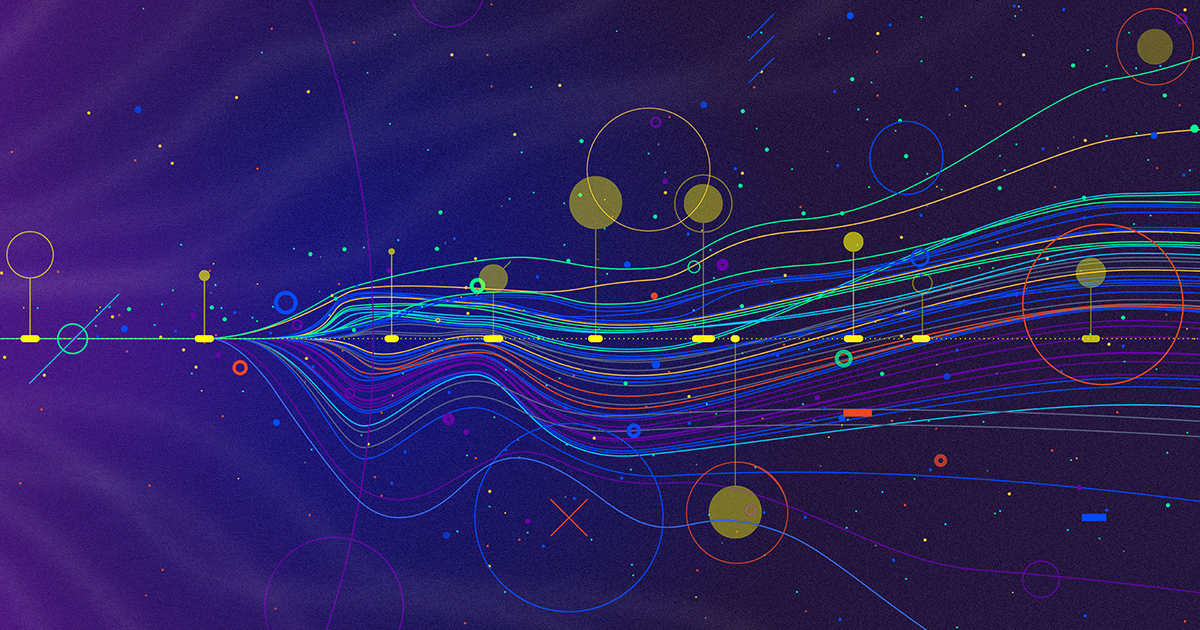
Artificial intelligence (AI) is rapidly altering the landscape of scientific and mathematical inquiry, leading to a fundamental shift in how researchers conduct their work and how knowledge is generated. From automating complex computations to generating novel hypotheses, AI tools are extending human capabilities and changing the way scientists approach problems.
In mathematics, AI systems have demonstrated the ability to identify patterns and propose conjectures that were previously overlooked, offering researchers new avenues for exploration. In science, machine learning techniques are being employed to sift through massive data sets, uncover subtle correlations, and even design and interpret experiments.
This evolution raises important questions about the nature of scientific discovery. Traditionally, breakthroughs have been driven by human intuition and creativity. However, as AI systems take on a greater role, the process is becoming more collaborative—blending machine efficiency with human insight.
The impact of AI is also reshaping what it means to be a scientist. Skills in coding, data analysis, and AI model development are becoming increasingly essential in many fields. Institutions are adapting by revising curricula and research practices to integrate AI tools more fully.
While challenges remain, including interpretability, ethical concerns, and the potential for bias in AI-driven models, the integration of artificial intelligence into science and mathematics promises to accelerate discovery and expand the frontiers of human knowledge.
Source: https:// – Courtesy of the original publisher.






